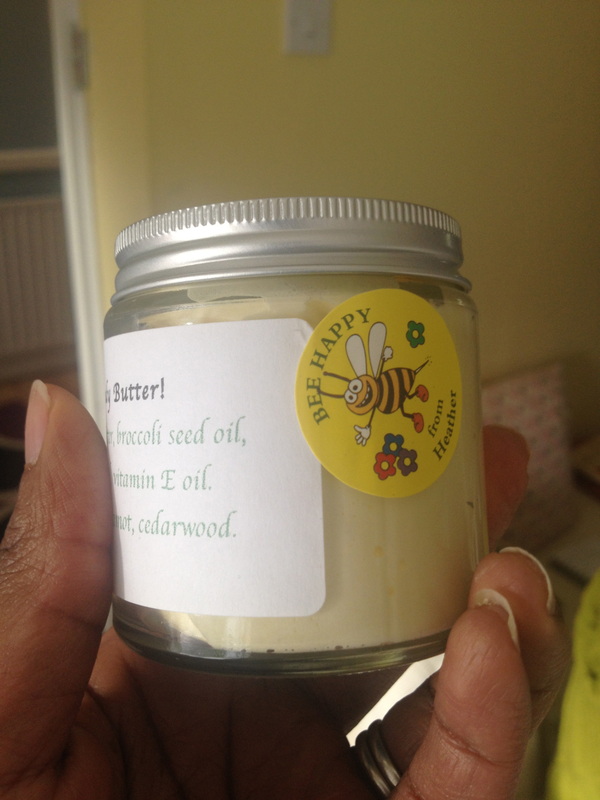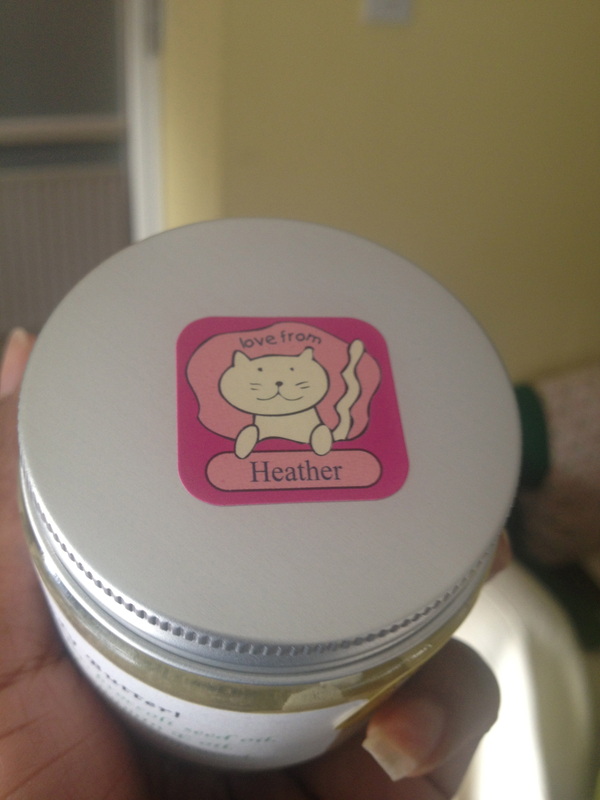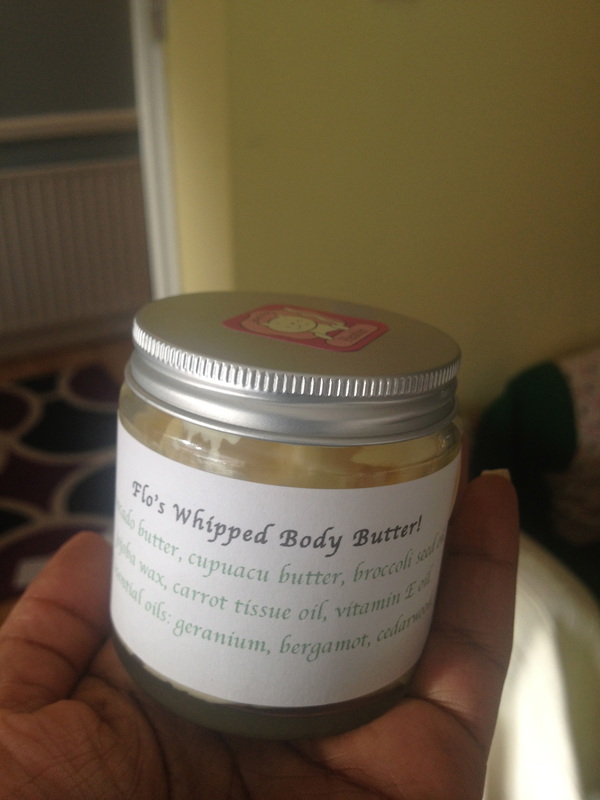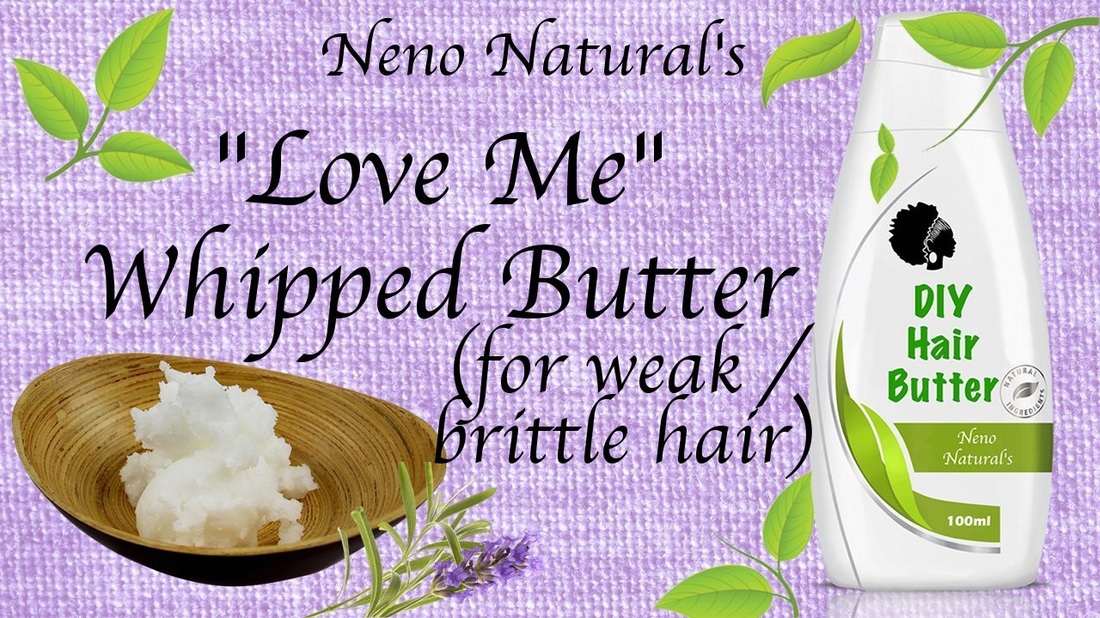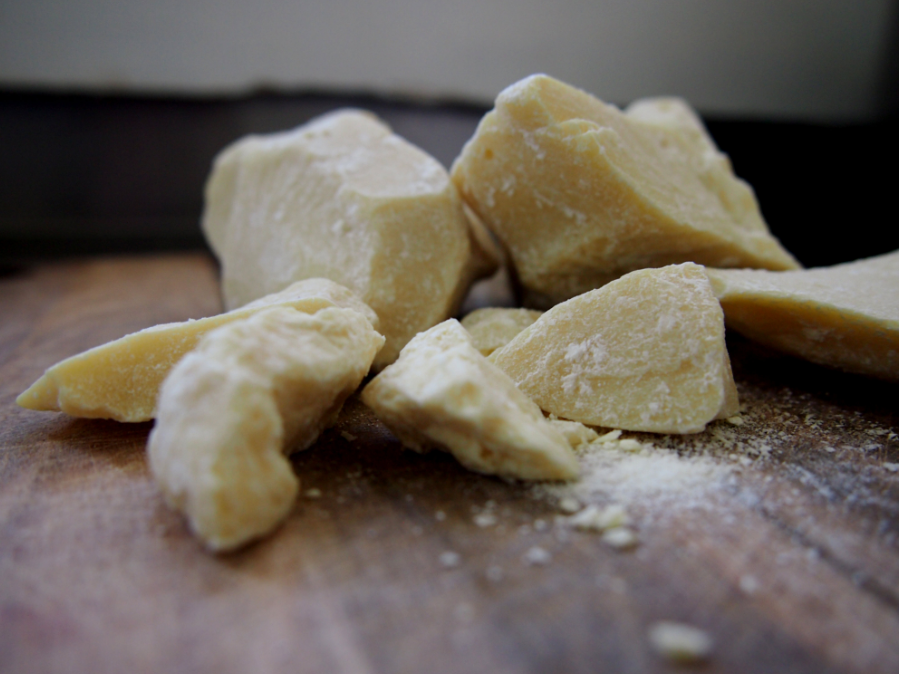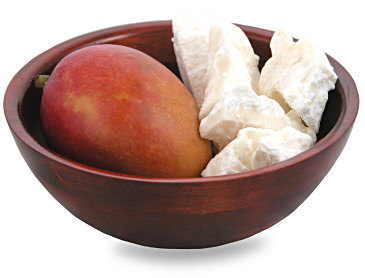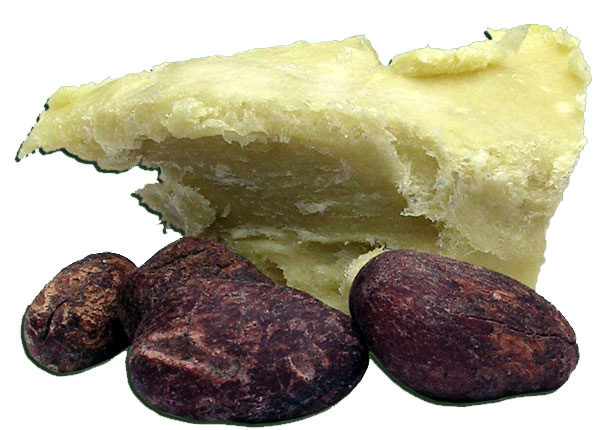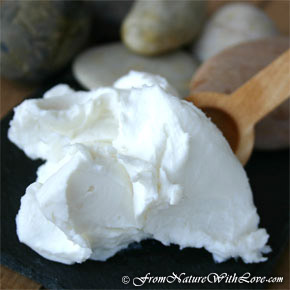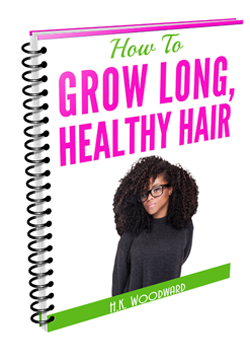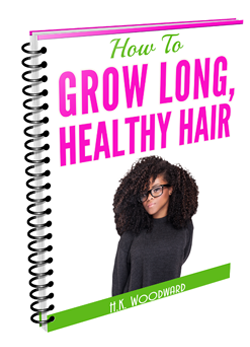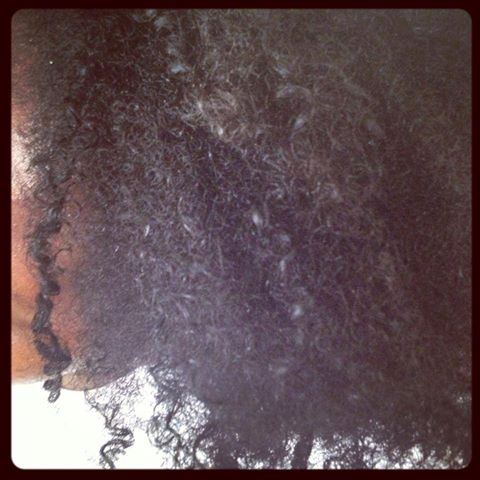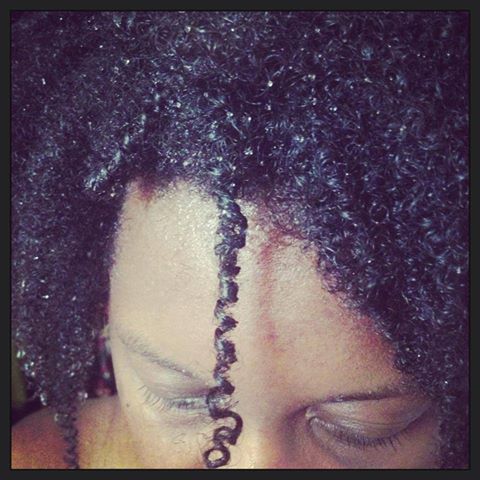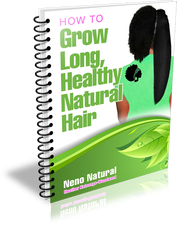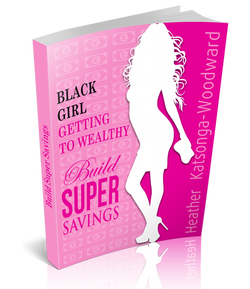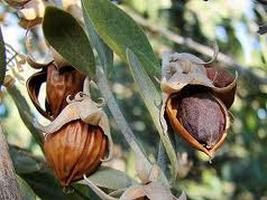 Jojoba seeds Jojoba seeds
When I decided to go natural, I knew I needed a good, pure oil. After some research jojoba became my oil of choice. Two key factors sold me on jojoba:
a) The fact that jojoba is the only oil whose molecular structure is similar to sebum (the oil that the scalp naturally produces) and b) It has a very long shelf life. The only oils I know to have longer are castor oil and coconut oil.[i] I shouldn’t have really cared about shelf life because as it turns out I go through my bottles pretty rapidly! Jojoba oil is derived from the seeds of evergreen jojoba shrubs (Simmondsia chinensis). It is native to Arizona, California and Mexico. 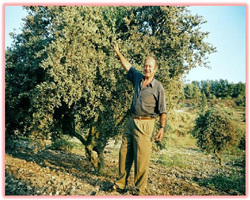 Jojoba evergreen shrub Jojoba evergreen shrub
It is one of the most nutrient rich and expensive botanical oils. Its benefits to hair include:[ii]
1. It is readily accepted by the scalp and does not mess with the scalp’s natural balance. This is because of its similar molecular structure to sebum (the scalp's natural oil). 2. It is reputed to have antibacterial properties. It soothes the scalp and can be used to treat dry scalp problems and dandruff. 3. It is composed of 98% monounsaturated fats and 2% saturated fats so it can penetrate the hair follicle and strengthen hair fibres from the inside. 4. Jojoba also hydrates hair from the inside of the hair shaft. So it works well as an agent for reducing hygral fatigue (the swelling and shrinking of hair as it it gets wet and dries that can weaken the hair fibre over time). 5. As a conditioner jojoba helps to add shine, elasticity and softness to hair. 6. Jojoba can be used to add volume to thinning hair. It adds volume and body to hair strands thereby giving an appearance of thickness. That said, note that if you have thin hair you can’t convert it to thick hair. That’s genetically predetermined. 7. You can mix jojoba oil with essential oils and massage the mixture into the scalp to stimulate blood flow to the scalp and encourage hair growth. I do this almost daily; jojoba is light and non-greasy. 8. Jojoba is an emollient – it fills in cracks that are on the surface of the hair cuticle, i.e. it helps to repair hair damaged by heat and styling. 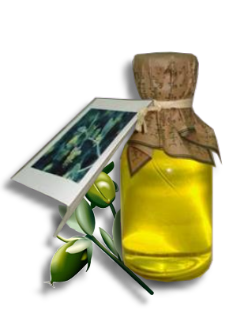
How can you use jojoba?
If you are using a shampoo that strips your hair, add a couple of tablespoons of jojoba oil to it. In this way your hair won’t get sucked (too) dry. Neno Natural’s Hair Growth Stimulator is composed of 50% jojoba and 50% grapeseed oil as the base. Chemical composition:[iii] Very high in monounsaturated fatty acids (98% of total fatty acids); also rich in Vitamin A, Vitamin B1, Vitamin B2, Vitamin B6, Vitamin E (very rich in), Myristic Acid (a saturated fatty acid), Plant Wax (similar to sebum). As you’re shopping for your jojoba note that unrefined jojoba is golden (you want this type); refined jojoba is clear and odourless. You might also like: THE best oil for natural hair. A mega summary! The supersonic benefits of argan oil on natural black hair 6 fabulous benefits of avocado oil on natural hair 8 Benefits of Castor oil for natural hair & a warning! 6 top benefits of coconut oil - a MUST for every natural hair regimen! 5 benefits of sweet almond oil on natural hair 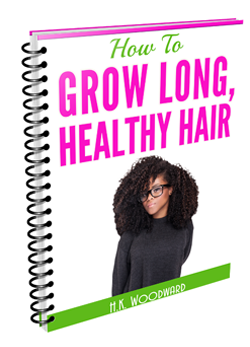
Get your FREE ebook on How To Grow Long, Healthy Natural Kinky or Curly Hair. References [i] Jojoba oil (wikipedia) [ii] Is jojoba oil good for thinning hair; Jojoba oil for dry hair; thejojobaoil.com; Jojoba benefits [iii] Jojoba carrier oil 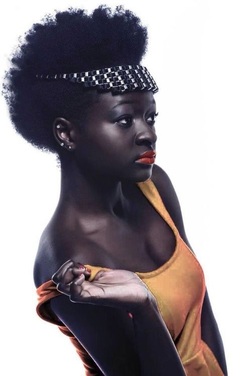
Infusion involves extracting the compounds in something (e.g. herbs or a vegetable such as carrots) into something else such as oil, water or alcohol. Oil in this particular case.
An infused oil has both the benefits of the regular base oil and the herb or plant that has been infused into it. Basically, you get two for the price of one. If you would be using the oil for cooking then transferring the flavour or scent of the herb may be your primary purpose. For hair or body care products the vitamins, minerals and other components like colour are more important. You can buy an infused oil or you can make one yourself. How To Make An Infused Oil 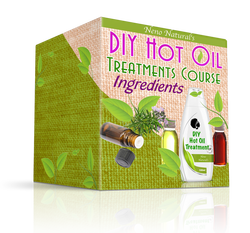
To make an infused oil yourself you would simply:
Personally, I prefer to buy my infusions especially carrot tissue oil. Carrots are macerated (i.e. mashed up) and infused into sunflower oil. The resulting oil is bright orange and gives whipped butters an excellent natural looking yellow colour. 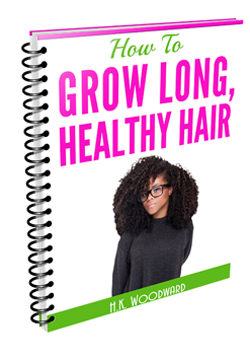
Get your FREE ebook on How To Grow Long, Healthy Natural Kinky or Curly Hair. You might also like: Ref: infusion (wikipedia), How To Make Infused Oils (instructables.com), Carrot Tissue Oil (SwiftCraftMonkey), What Is Carrot Oil (wisegeek.com) 
Plant oils are extracted from vegetables, fruits, nuts and seeds of plants in various ways.
1. Cold Pressing (Mechanical) Cold pressed oils have the highest nutritional value, and if you are eating them also the best flavour and aroma. Cold pressing involves grinding the vegetable, fruit, seed or nut using heavy granite millstone or stainless steel presses in such a way that the friction doesn't produce a lot of heat. By keeping temperatures below 49°C (120°F) the goodness of the oil is preserved. The lower you keep the temperature the better the oil you get. Some oils such as grapeseed oil are never produced by cold pressing because you simply don't get much oil out of them with the method. 2. Expeller Method (Mechanical) Under the expeller method oils are extracted using high pressure. Heat may also be used. If it is, temperatures as high as 85°C (185°F) are applied. 3. Solvent Extraction (Chemical)
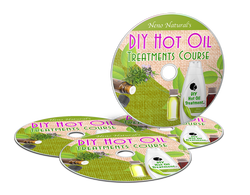
The amount of solvent left could range from 6-20% with some solvents. With hexane, however, the residue left is said to be 10ppm which is a very low concentration; it's equivalent to 0.001%.
Personally, if I could prove that the solvent used was hexane and the price was much lower than with other oils then I would be happy to take my chances on this one because I spend a small fortune on ingredients for my DIY Hair Care Recipes. 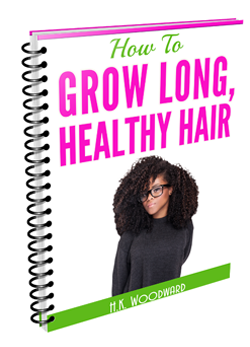
Get your FREE ebook on How To Grow Long, Healthy Natural Kinky or Curly Hair. You might also like:
Ref: whfoods.org, cold-pressed oils (about.com), Expeller Pressing (wikipedia), 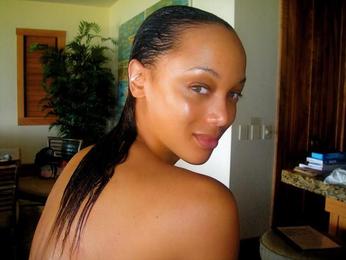
Yes, cold pressed oils are better because they retain more of the “goodness” of the oil (vitamins, minerals and other components).
That said, if there is a significant premium you might prefer to buy oils that have been extracted using other methods. You might find that you get all the same benefits anyway. Whilst oils extracted under conditions with more heat might have lost some of the nutritional value during the extraction process they may be refortified with vitamins and minerals during the refinement process. If you have access to the manufacturer just ask. Lots of sellers also have a lot of information on the oils they sell even when those oils have been purchased from a third party. The more times the oil has changed hands the less likely it is that the seller will have accurate information. 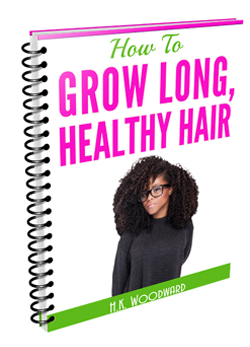
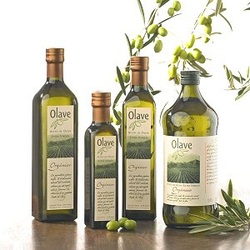
If there is one topic that gets me really wound up, it's this one. People assume that "organic" means healthier or unrefined but it does not mean either one of those things.
Outside of chemistry "organic" means that a product was grown or farmed without the use of pesticides, herbicides or any other "artificial" "chemicals" - I also hate the word chemical because EVERYTHING is a chemical! Salt is sodium chloride, table sugar is sucrose; just because you know its "regular" name does not make it "not a chemical"! Infact, lots of chemicals that you don't think are not edible become edible once they have been neutralized with another chemical, anyway, I digress. So exactly what is wrong with pesticides and herbicides? Pesticides are chemicals designed to kill bugs and insects that might destroy a crop. Herbicides are a special type of pesticide used to kill unwanted weeds. In the US, 70% of pesticides used are herbicides. 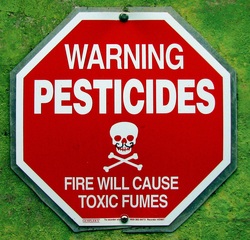
Pesticides (including herbicides) can lead to allergic reactions and other side effects if consumed in high amounts. However, just using an agricultural product that comes from a farm that uses herbicides or pesticides should not cause you any harm at all.
Importantly, it's extremely hard to prove that pesticides were not used in the farming of a product especially if that product has changed hands several times over. If you are concerned about your products being organic then you should buy directly from the farmer. Even a trusted commercial supplier who labels something organic may have no idea if it really is. They just have to trust whoever supplies them! Can a product be "organic" but still be refined. Yes, and frequently it is. A vegetable butter for example may be refined to change its colour because the producer wants a specific colour for all butters of that kind. For example, the colour of shea butter will vary from one harvest to the next because natural products do that - they don't come out with the exact same colour and composition every time; things like weather (sun, rainfall, etc.) impact crop production. A manufacturer can completely remove the colour using heat (thereby killing vitamins and minerals) but that butter would still be organic because herbicides were not used in farming it. If they replenish the butter with lots vitamins and minerals then perhaps that is okay but they might not do that. Importantly, note that most products that are labelled organic are not 100% organic; only a percentage of ingredients need to be organic for a product to be legally allowed to have the label "organic". 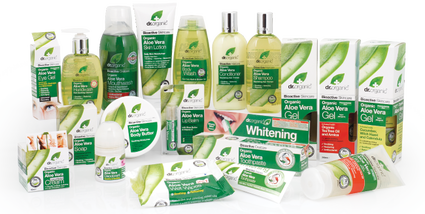
How About Dr Organic
That is just a brand name, the person behind the brand is not a doctor of any sort. Also, some of their ingredients are not organic. Their website says they simply try to source organic ingredients and where they can't source something organic they use they next best "natural" alternative. You know how I feel about the term "natural". Sorry to burst your bubble if you were in one. This is not to say this isn't a good brand - just that you shouldn't be blinded by brands and the look of things. 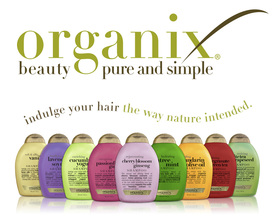
And Organix Hair?
Not organic at all - just a brand name. Huh? Yeah, don't be mad, they never made a claim to be organic! Refined vs. Unrefined vs. Organic "Unrefined" is a better term to watch out for than organic. If something is refined you want to know how it was refined. Some refinement is useful, e.g. a butter that will be eaten may need to be refined to remove toxic elements that are naturally found in it. I hope this helps you decide which products to buy and how not to be misled by clever marketing. 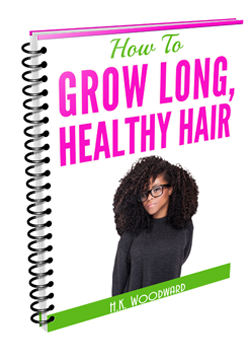
Get your FREE ebook on How To Grow Long, Healthy Natural Kinky or Curly Hair. You might also like: Ref: Herbicide, drorganic.co.uk 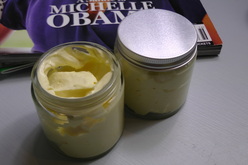 "Love Me" Whipped Butter "Love Me" Whipped Butter
This is my favourite whipped butter because I LOVE the smell of geranium and the texture is so deliciously light.
The vegetable butters, oils and essential oils in this recipe are specifically formulated to nourish and fortify weak hair so as to minimize breakage and maximize retention of length. Ingredients Butters (75%)
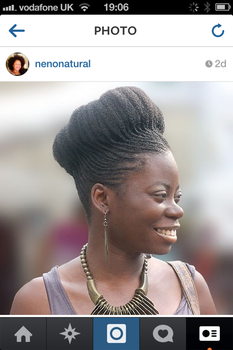
Liquid Oils (16%)
Essential oils (1%)
Wax (8%)
Method
Storage: The shelf life of this butter is about 18 to 24 months. 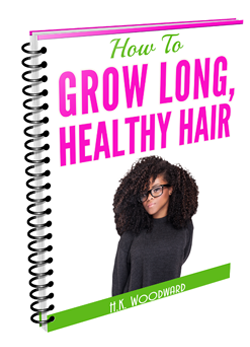
Get your FREE ebook on How To Grow Long, Healthy Natural Kinky or Curly Hair. You might also like: Neno Natural's DIY Hair Recipes Giving Whipped Butters As Gifts
Whipped butters are an awesome gift especially as you can use them for both hair and body. I gave one of the "Love Me" Butters to my sister-in-law and she really liked it :)
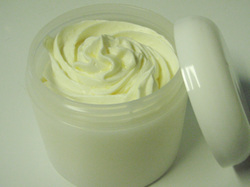
Yes, generally. One of my favourite science bloggers, SwiftCraftMonkey, suggests looking at how an oil feels on your skin and then substituting that oil with another similar feeling oil. She mostly looks at whipped butters for the body but i think that same strategy can work for hair butters too:
According to Swift:
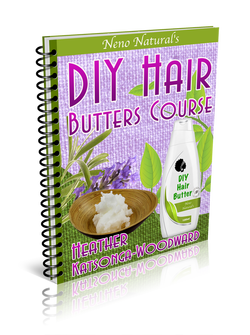
When it comes to butters, I say:
I think it is easier to feel a butter and associate it with another one than is the case for oils, or maybe that's just me! Feel free to experiment, that's what being a mixtress is all about. 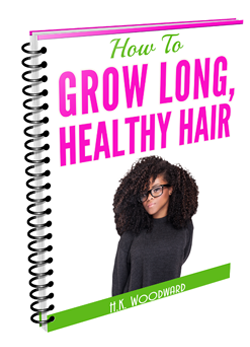
Get your FREE ebook on How To Grow Long, Healthy Natural Kinky or Curly Hair. You might also like: Neno Natural's DIY Hair Recipes 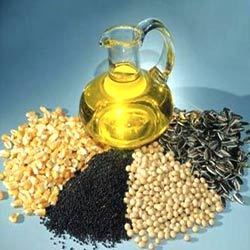
After a carrier oil or butter has been extracted it is usually refined in various ways to achieve the goals or requirements of a large scale user e.g. a food company or a cosmetics company.
Refining normally involves high temperature and chemicals. Refining may include some or all of the below: Degumming Removal of phospholipids (a type of fat) from an oil using water and centrifugation. This will also result in the loss of vitamins, minerals and the natural colour of the oil (chlorophyll). My research doesn't suggest that they are bad so I have no idea why degumming is necessary. I'll probably need to read further into this. Bleaching To change or remove the colour an oil is bleached. This produces a clear oil. Because oils and butters are natural substances an unrefined oil will vary in colour from one batch to the next. If a big company is selling to uneducated consumers (i.e. most people) they would rather just bleach and then dye the oils with a uniform colour. Nutrients are removed in the process. Common dyes include xanthophyll (a derivative of chlorophyll) and beta carotene. Deodorizing The oil is deodorised using steam distillation at a temperature of 232 degrees C (450F) for 30 to 60 mins. Winterizing Removal of natural waxes which can lead to a cloudy oil at low temperatures. Removal of fatty acids or taste and smell If the oil/fat is bound for the food industry it is frequently refined to remove taste and smell resulting a bland tasteless oil/butter. In addition, a high concentration of fatty acids can give an oil a bitter taste or even make the oil corrosive. The "acid value" shows how many fatty acids are in the oil. When the acid value is great than 5.0 it can burn the back of your throat and even corrode metal containers reducing the shelf life of any products that are made. Caustic soda is used to remove some of the fatty acids. The high temperatures involved in this process kill some of the nutrients and essence of the oil. Preserving Addition of antioxidants to extend the life - I'm okay with this. Replacement of vitamins and minerals To replace those destroyed during refinement - I am okay with this. It's better than destroying them and not replacing them although not bothering to over-refine would be even better. Conclusion A very refined oil or butter will have zero nutrients and will just be composed of various fatty acids. However, it can still be labelled as "pure" or "natural" or even "organic" provided it has met those criteria; organic does not mean unrefined, it generally just means chemical fertilisers, pesticides and other artificial chemicals have not been used in the farming of something. This is why I find those terms completely useless. It is better to go for an oil or butter that says "unrefined" or at least explain what sort of refinement the oil has gone through so that you know what you are buying. Some refining is beneficial - I am only concerned about refinement that reduces the nutritional value or purity of an oil. Finally, keep in mind that oils and butters extracted for making cosmetics may not be refined enough to eat!! 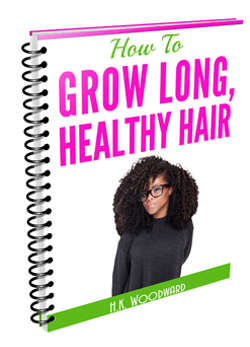
Get your FREE ebook on How To Grow Long, Healthy Natural Kinky or Curly Hair. You might also like: Ref: The Aromatherapy Encyclopedia by Carol Schiller & David Schiller; Carrier Oils by Len Price
That vegetable butter you choose to use on your hair depends on what you want to use the butter for: Hot oil treatments & pre-Shampoo treatments Use nutrient rich oils that can penetrate the hair follicle. Any vegetable butter will be very penetrating because butters (or solid oils) are very low in polyunsaturated fats. However murumuru butter or coconut oil would be especially penetrating because saturated fats are a bit better able to penetrate the cuticle than monounsaturated fats. Top 3: aloe butter (it's a blend of coconut oil and aloe juice so you get the best of both), murumuru butter, avocado butter.
Scalp massage to stimulate growth or to relieve dryness Use oils with a high nutrient content to nourish the scalp and a lower density to avoid clogging the scalp. Using oils with a similar structure to sebum is an added bonus. Top 3: aloe butter, murumuru butter, shea butter. 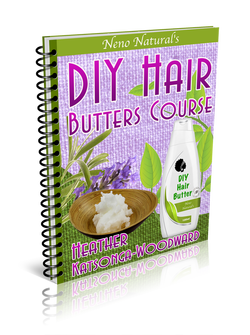
Sealing In Moisture
I think any butter should be good for this function. Top 3: shea, cocoa, mango. That said, liquid oils have more polyunsaturated fats so they are better sealants of moisture overall. The only exception here is jojoba (its' very low in non-penetrating polyunsaturated fats) but it isn't actually an oil, it is a wax so we can't directly compare it to liquid oils. If you have thin hair, avoid the harder butters: cocoa, kokum and sal. When you make hair butters for yourself use a softer blend with a little more oil and little less butter and wax so it doesn’t weigh your strands down. Stepping back from the science for a moment: buy a few butters. Make whipped hair butters with your chosen oils and butters and try them all out to decide which ones you want to keep buying. You can also use all the butters to make body butters, or skin lotions. You may find that the oils you don’t like on your hair are loved by your skin.
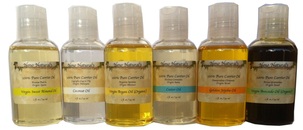
GIVEAWAY NOW CLOSED
The 6 Best Oils are about to run out and I am about to reach 1,000 twitter followers so I thought I would celebrate by giving one set away! Entry closes 14-Jun-13, 7 p.m. GMT, 2 p.m. Eastern. To enter: SUBSCRIBE to the YouTube channel:
We will announce the winer in a 30 second YouTube video. On Saturday morning :)
|
I now blog about wealth creation - so if you have any money questions meet me there, you can do all sorts of cool things like leave me a voicemail.
By Heather Katsonga-Woodward
I was a natural hair blogger and mixtress living between London & Chicago from 2012 to 2017. I always thought I was 4C but some say 4B; images below - you decide! Heather xx Categories
All
Archives
November 2016
|

